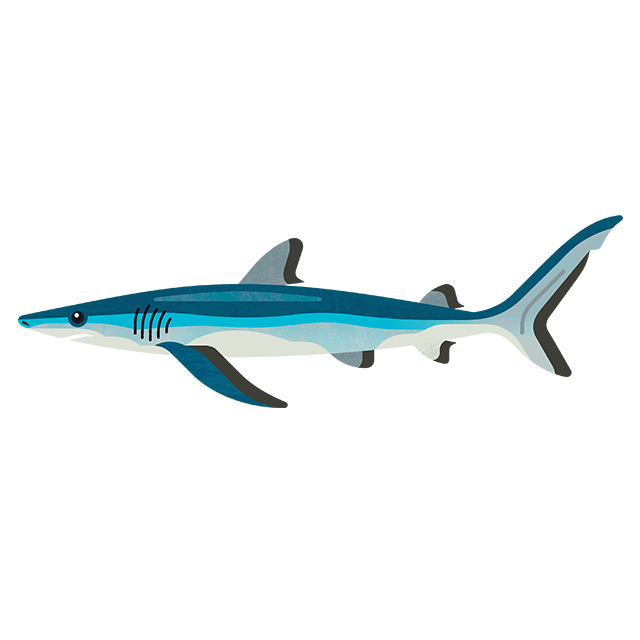
Don't cause a stink down your sink!: How to remove leftover cooking fats
Sewers clogged up with cooking fat stop waste water reaching treatment works and can ultimately result in untreated sewage ending up on our beaches and in the sea.
When finished cooking our advice is simple: don’t pour leftover cooking fats and oils down the sink.
Fats, oils and grease – FOGs for short can cause major problems in pipes, drains and sewers. This waste congeals to form blockages which can lead to flooding in homes and pollution in our seas. Worse still, flushed wet wipes can team up with fats, oils and greases to make fatbergs, some as big as a double-decker bus!
Rachel Wyatt, our Water Quality Programme Manager says: “Making sure that fats and oils stay out of your dishwater, and away from your sink, may seem like a strange ask from a marine charity, but if everybody made that small change it could make a big difference to our seas and beaches.
How to get rid of FOGs safely
How to get rid of FOGs safely
- Pour into a heat resistant container then recycle or bin once cooled
- Wipe out greasy pans with kitchen roll before washing
- Catch greasy food scraps in a sink strainer to make sure they don’t go down the plughole.



